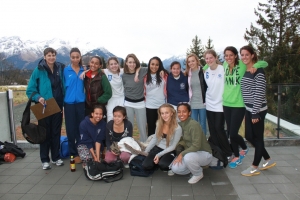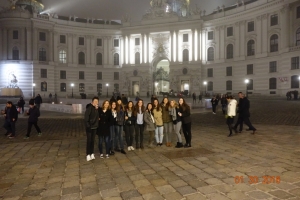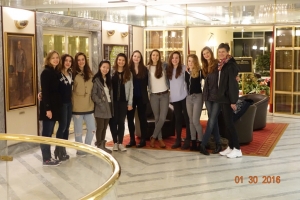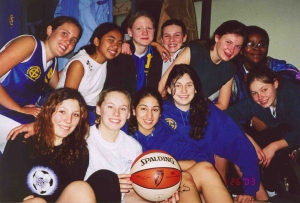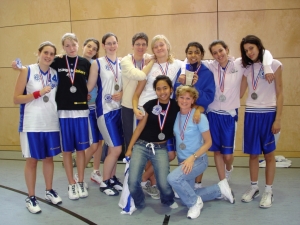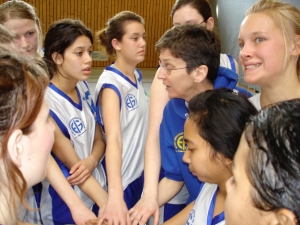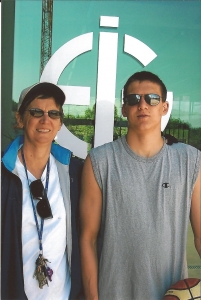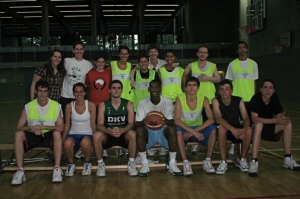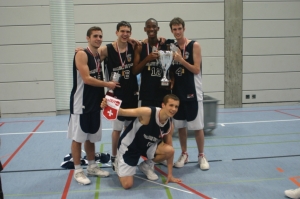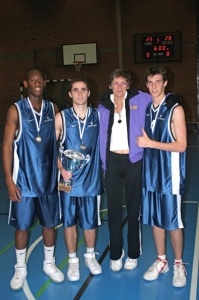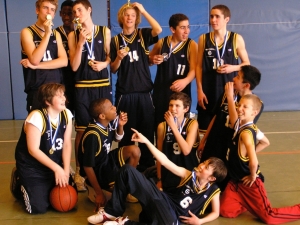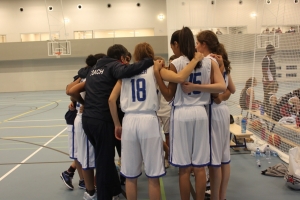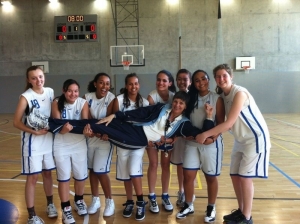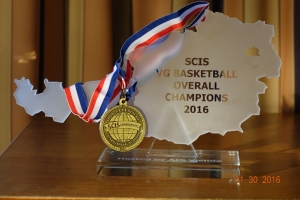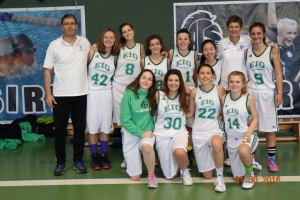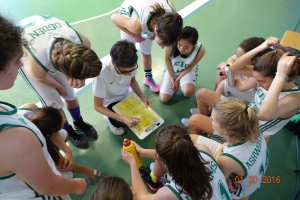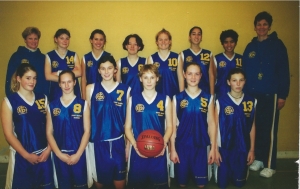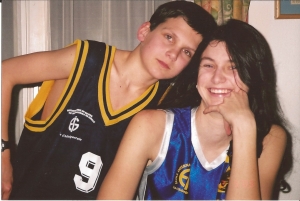Everyone loses keys and teachers are notorious for it, but to prevent misplacing mine, I devised a foolproof plan. I wear them. Like charms on a necklace, my bike, car, house, locker, and school keys hang on a lanyard around my neck.
Since I literally run between three departments –English, PE and learning support – my keys open every gym, storage facility and classroom in 5 different buildings. I was dumbfounded when in the blink of an eye between unlocking the changing room door for the PE students and locking up equipment after class, my keys vanish into thin air.
Five teachers help retrace my steps on the great missing key caper. We empty wastebaskets and look behind toilets, under shower stalls, in sinks, on wall bars, under trampolines, on top of shelves and beneath ball bins.
When our search turns up empty, I deduce – someone grabbed my keys out of the door while I chatted with another student. I drag my burly colleague, a former rugby star, to the cafeteria to interrogate the suspects. The boys told us to check with the girls outside at the picnic table; the girls sent us to the smokers’ corner off campus. One guy took the cig out of his mouth long enough to say, “Pas moi, madame” and dump out his book bag as proof. He suggests I see the rest of his class that would be heading to history.
Panic set in. I made a mental, to-do checklist – empty locker, remove valuables from desk, see janitor to deactivate keys to the gyms, department offices, and equipment rooms. Frantically, I call my husband to explain insisting, “Change the house locks. Sell my car before it is stolen.”
“Why would you carry every key you own?” my husband asks.
“So, I won’t lose them.”
“But they are lost.”
“Not lost, stolen!”
I am hyperventilating when I walk into the history class and plead to the students, who I had just confronted in my PE lesson. “Don’t say anything now. No questions asked. Just bring my keys back; my life is on that key chain.”
“Désolé Madame, we haven’t seen your keys.”
Dejected, I walk back to the gym where a younger colleague with better eyesight is locking the gym door and shaking his head. No luck. I urge him to search one more time.
So we repeat the process. While I peek under gym mats, Frederic strolls out of the storage room swinging a hook filled with red bibs. Low and behold, behind the bibs dangling from a black UWSP lanyard is a beautiful set of keys. I hug him and then take off.
“Hey,” he hollers. “Where are you going?”
“To apologize to those kids.”
“Wait! Don’t forget your keys!”
I grab my keys, race across campus, knock at the classroom door and eat humble pie as I appeal once again to the students asking for forgiveness.
Then I stroll back to the gym smiling. My faith in humanity is restored by my colleagues’ kindness and my students’ integrity. With my keys jingling ‘round my neck again, all is right with world.

